- Have any questions?
- +86-189 8930 5995
- sales@mosinterchem.com.cn
Propylene Carbonate CAS 108-32-7

Manganese Carbonate CAS 598-62-9
24/12/2018
Sodium sulfide CAS 1313-82-2
24/12/2018| Model: | MOS108-32-7 |
| Brand Name: | MOSINTER |
| CAS No.: | 108-32-7 |
| Molecular formula: | C4H6O3 |
| Molecular weight: | 102.09 |
| Melting poimt: | -49 °C |
| Density: | 1.204 |
| Refractive index: | n20/D 1.421(lit.) |
| Boiling point: | 240 °C(lit.) |
| Vapour pressure: | 0.13 mm Hg ( 20 °C) |
| Flashing point: | 270 °F |
| Soluble: | 240 g/L (20 ºC) |
Propylene Carbonate (CAS: 108-32-7)
| Item | Index |
| Appearance | Colorless Liquid or tiny yellow |
| Color(Pt-Co) Max | 50 |
| Purity % Min | 99.5 |
| Water Min | 99.5 |
| Density (g/cm3) | 0.1 |
Propylene carbonate (often abbreviated PC) is an organic compound with the formula C4H6O3. It is a carbonate ester derived from propylene glycol.This colorless and odorless liquid is useful as a polar, aprotic solvent. Propylene carbonate is chiral but is used exclusively as the racemic mixture.
Applications
Propylene carbonate is used in a variety of syntheses and applications as a polar, aprotic solvent. It has a high molecular dipole moment (4.9 D), considerably higher that those of acetone (2.91 D) and ethyl acetate (1.78 D). It is possible, for example, to obtain potassium, sodium, and otheralkali metals by electrolysis of their chlorides and other salts dissolved in propylene carbonate.
Due to its high dielectric constant of 64, it is frequently used as a high-permittivity component of electrolytes in lithium batteries, usually together with a low-viscosity solvent (e.g. dimethoxyethane). Its high polarity allows it to create an effective solvation shell around lithium ions, thereby creating a conductive electrolyte. However, it is not used in lithium-ion batteries due to its destructive effect on graphite.
Propylene carbonate can also be found in some adhesives, paint strippers, and in cosmetics. It is also used as plasticizer.
In electrospray ionization mass spectrometry, propylene carbonate is doped into low surface tension solutions to increase analyte charging.
Safety
Clinical studies indicate that propylene carbonate does not cause skin irritation or sensitization when used in cosmetic preparations, whereas moderate skin irritation is observed when used undiluted. No significant toxic effects were observed in rats fed propylene carbonate, exposed to the vapor, or exposed to the undiluted liquid.
You must be logged in to post a review.
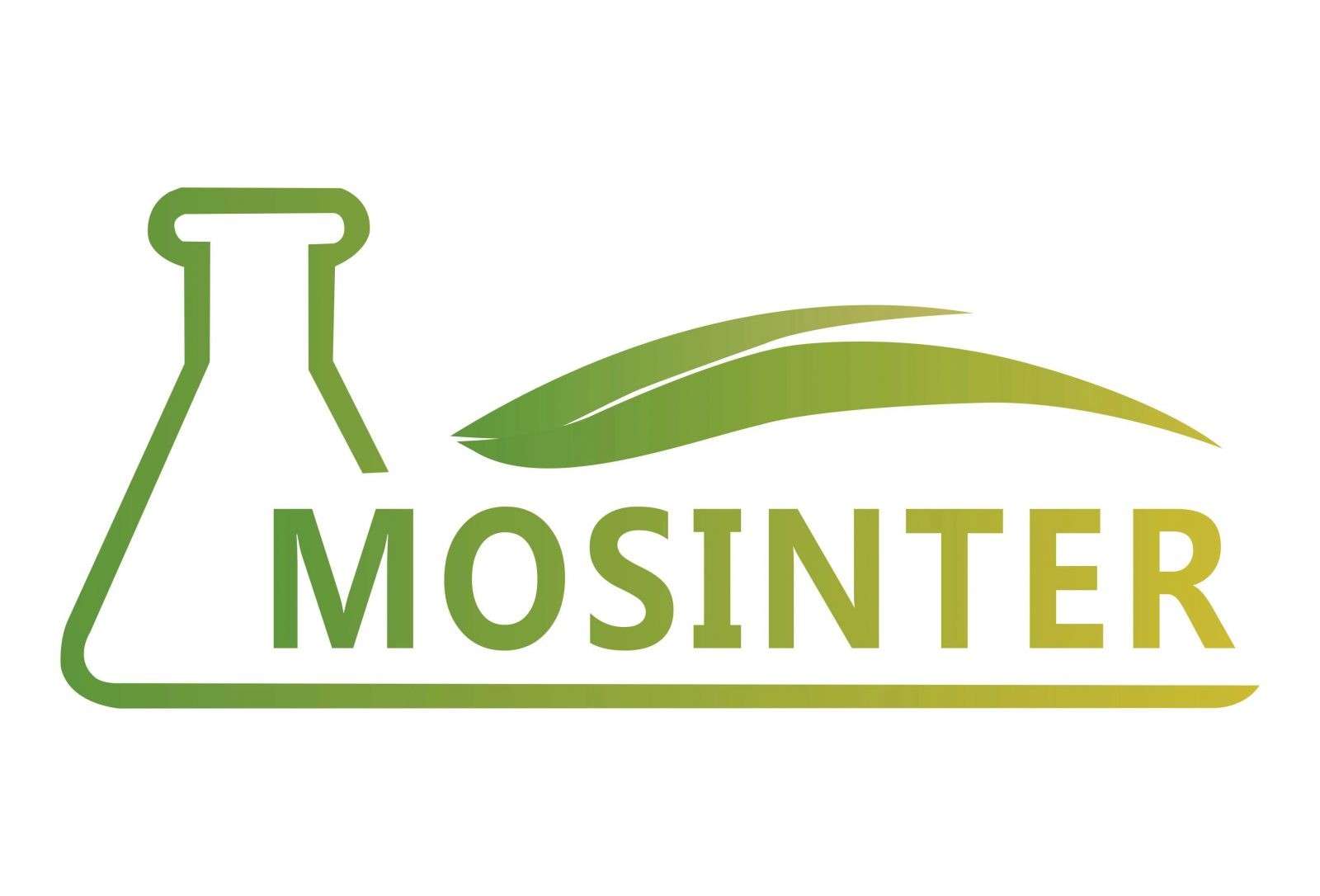
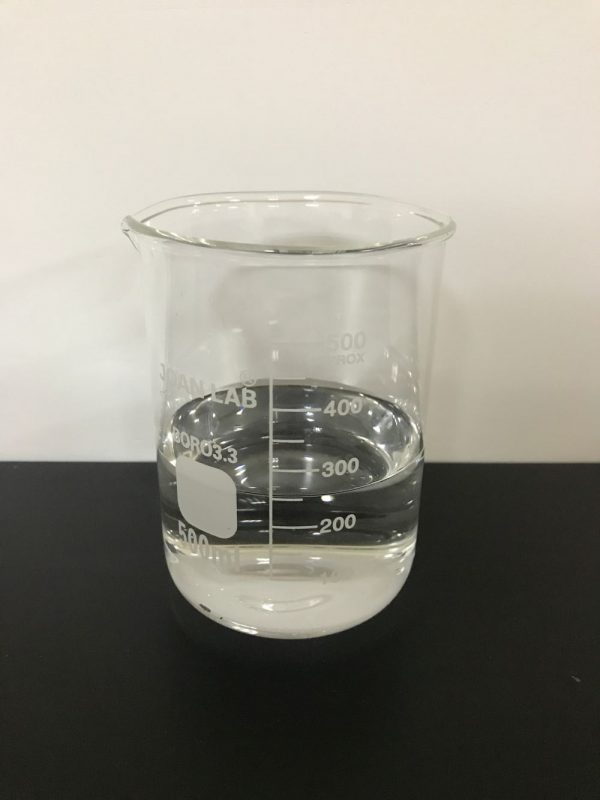
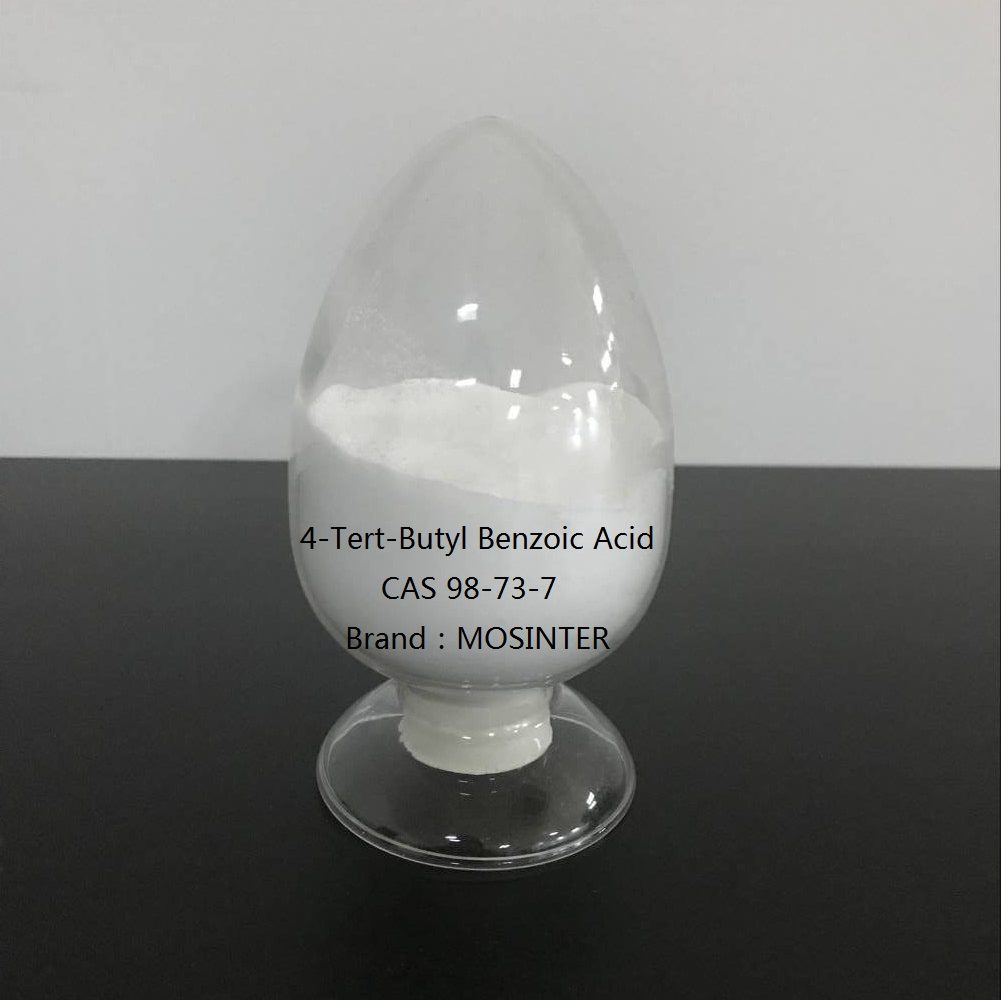
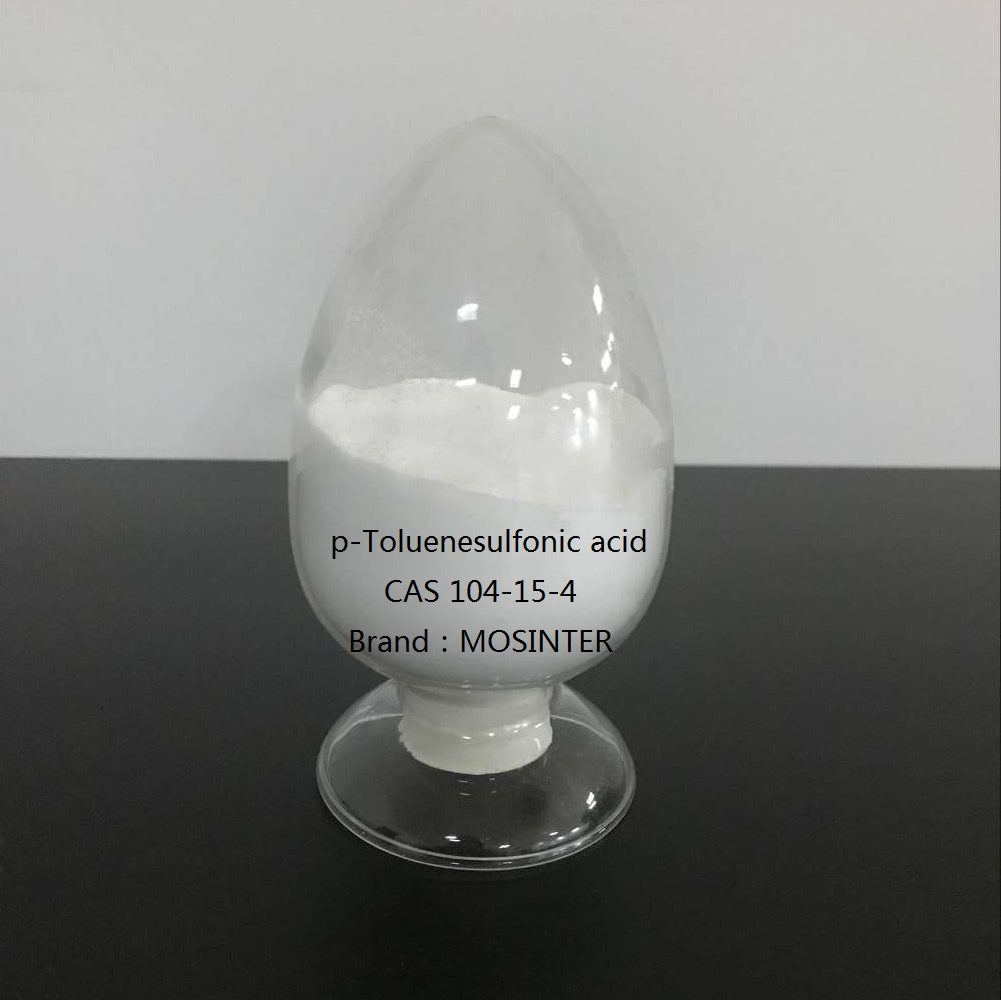
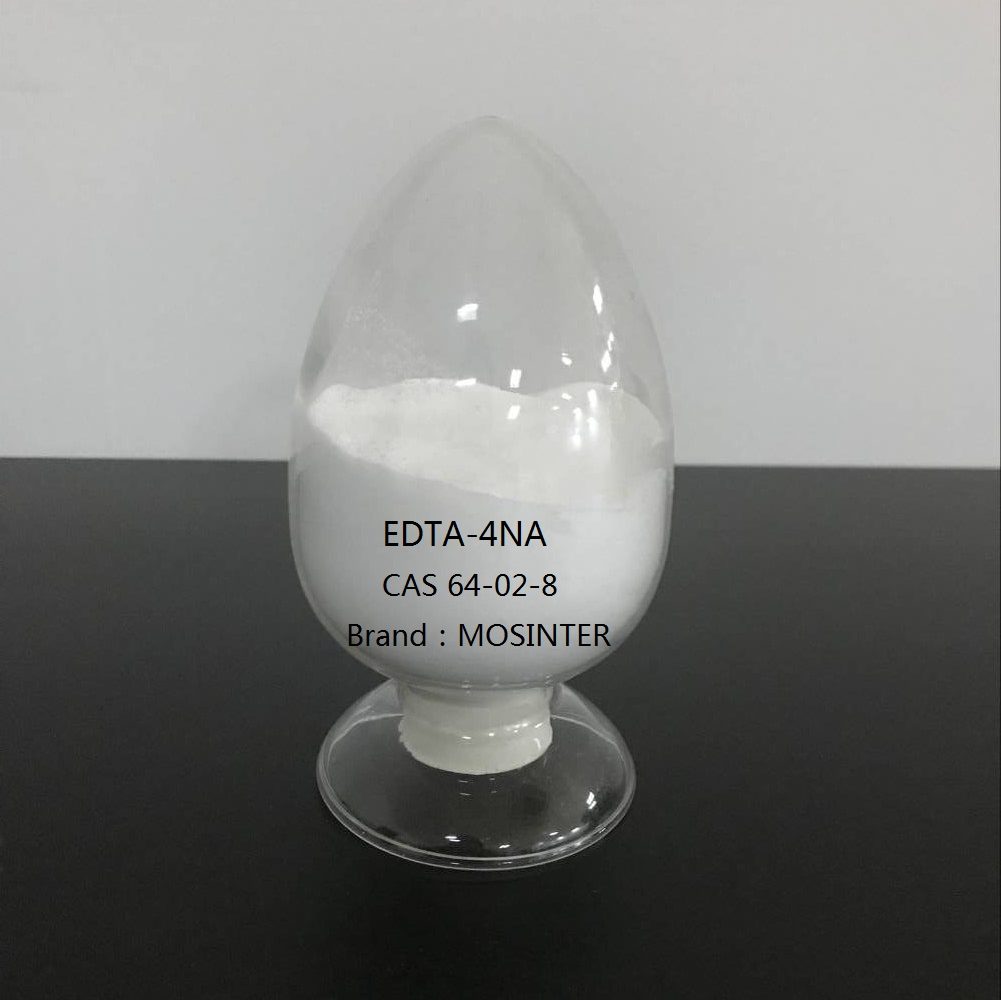
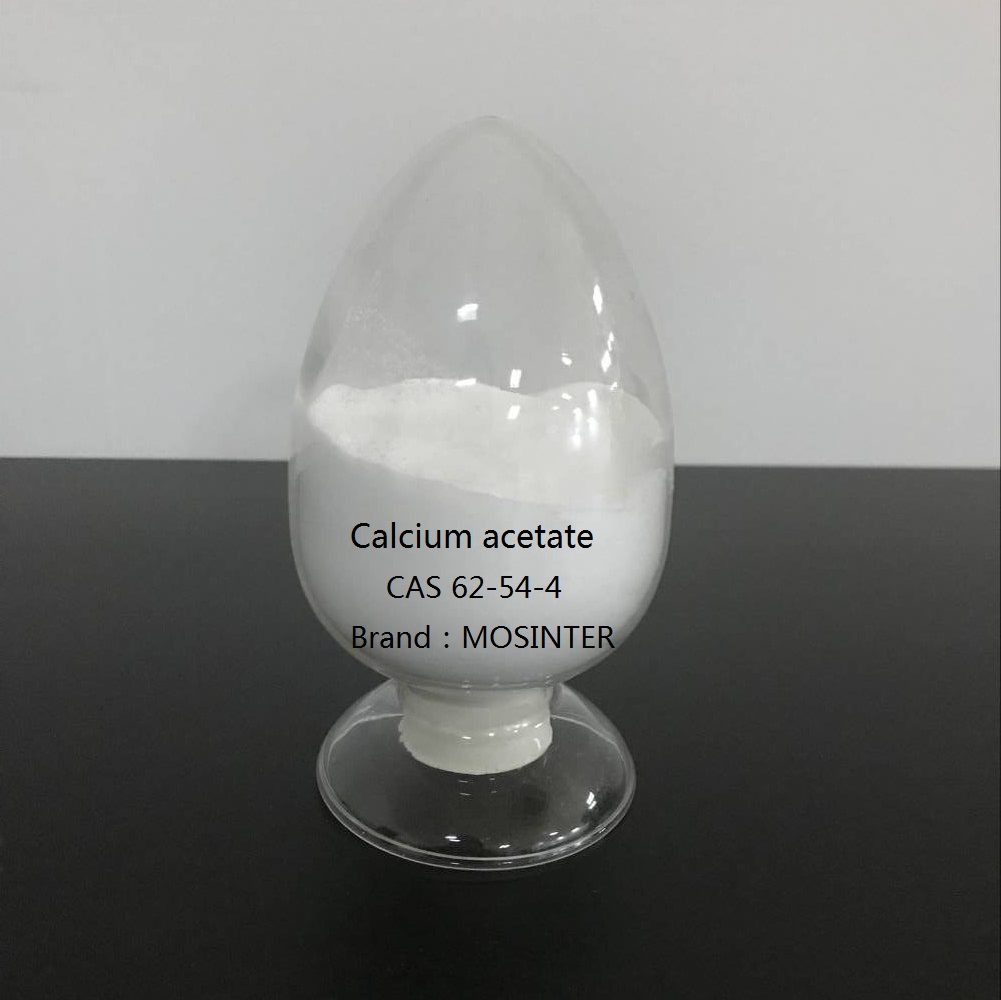
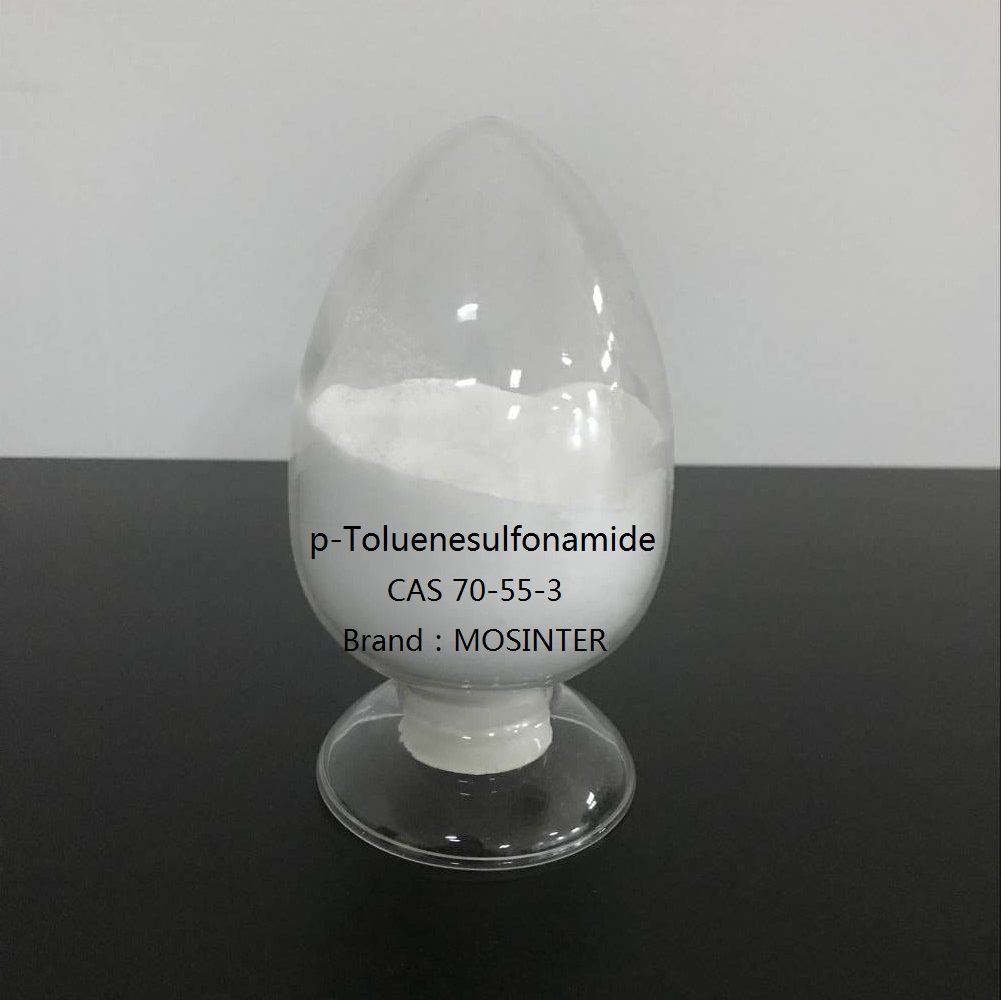
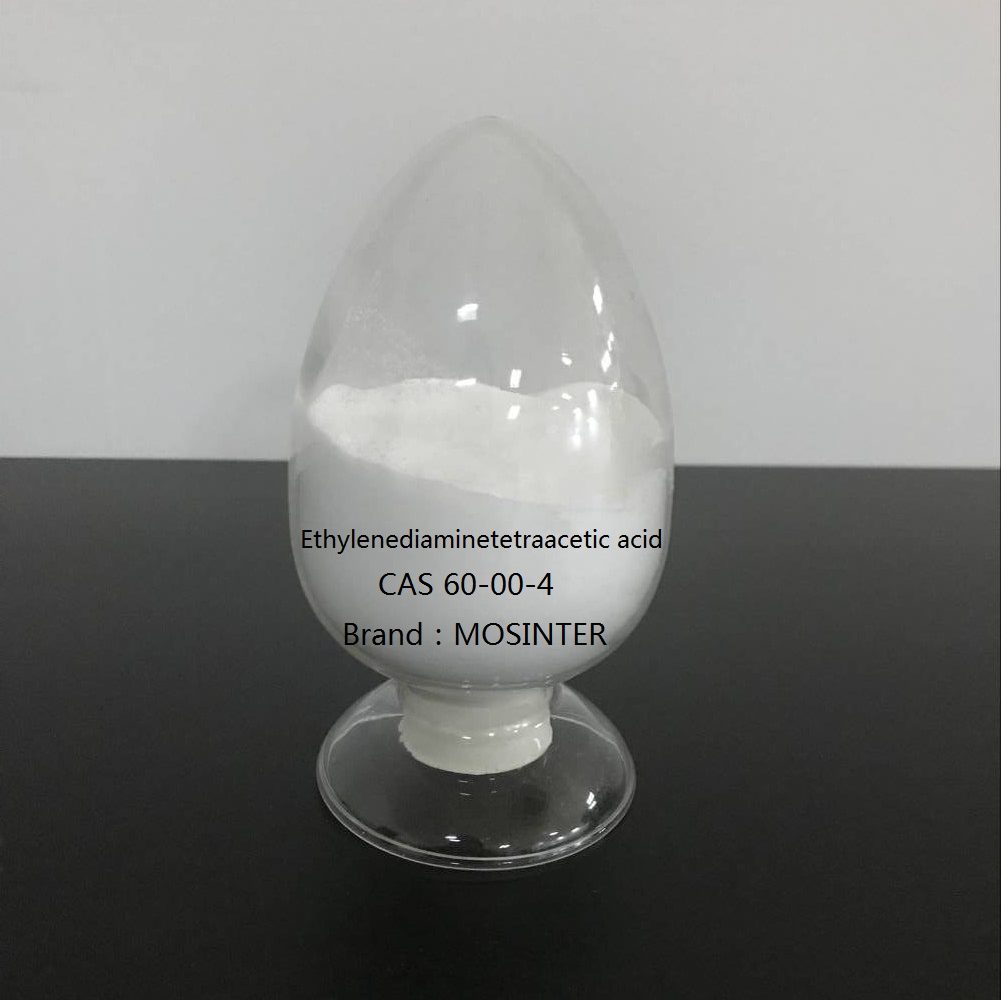
Reviews
There are no reviews yet.